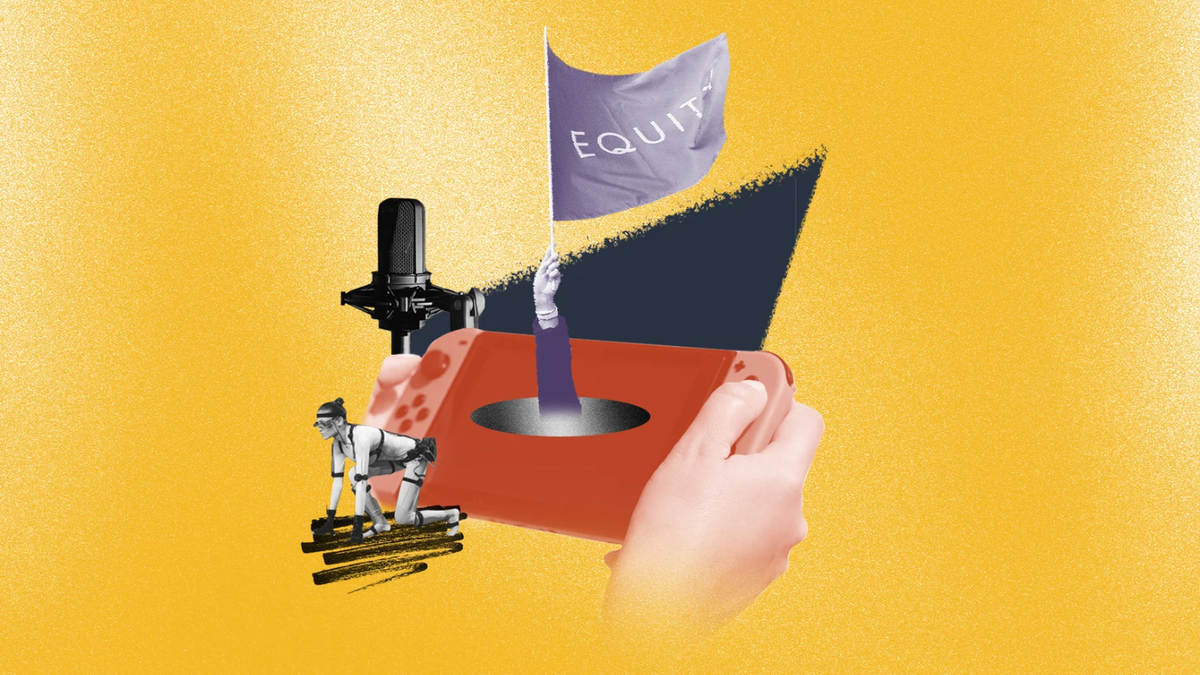
Equity, the UK actors’ union, has introduced new minimum rates in a bid to address “systemic low pay” for performers and improve working conditions in the industry.
Pay for actors in the UK has not only stagnated beneath inflation rates, but has been significantly lower than in America and Canada despite working with the same game developers.
The new rates are solely intended for AAA game development, rather than indie developers. Further, they are minimum fees as a starting point for negotiation.
Minimum rates have previously not been set by Equity due to prior legislation that prevented the publishing of rates without a collective bargaining agreement. Now, Equity is launching its new rates as part of its Game On! campaign
The rates have been set by Equity’s Video Game Working Party consisting of Equity members and external consultants, including voice actors David Menkin (Final Fantasy 16), Laurence Bouvard (Perfect Dark Zero), Rebecca Yeo (Wuthering Waves), and Alan Turkington (Still Wakes The Deep).
Their collective statement reads: “After 18 months of hard work, Equity’s Video Game Working Party is proud to launch these recommended minimum rates and best practice guidelines for video games; the first of its kind in this area. This is an unprecedented step in the right direction for performers in the games industry, where the union has previously been held back by restrictive legislation and unable to publish such guidelines.
“Our goal is to ensure fair pay and good working conditions for the performers who have trained for years to develop the skills they use to bring video games to life. We urge Equity members to demand these minimum standards and we invite studios and developers to work with us on collective agreements that protect everyone and will ensure the games industry in the UK continues to thrive.”
The rates follow an ongoing strike from US actors’ union SAG-AFTRA due to the threat of AI.
Equity previously stated it would not be striking due to UK legislation, but stands “in solidarity” with its sister union.
Last year, Equity released a toolkit to aid actors in battling the rising use of AI in game performance.
“AI is a tool, and like any tool, it requires regulation,” Menkin told Eurogamer at the time. “We simply want to know what our voices will be used for and be able to grant or withdraw consent if that use is outside the scope of our original contract. And if our work is making your AI tool money, we want to be fairly remunerated.”
